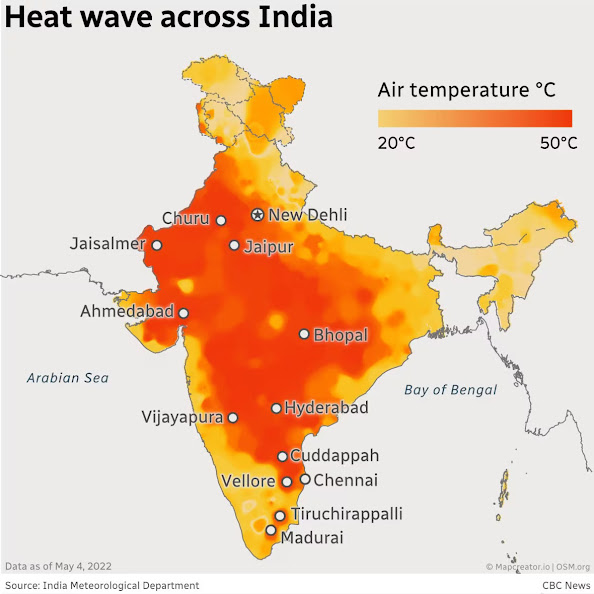Wednesday, May 7, 2025
India Strikes Pakistan
Saturday, October 26, 2024
The 2024 BRICS Summit
Monday, August 5, 2024
Prime Minister Sheikh Hasina Has Fled Bangladesh
Saturday, June 8, 2024
India's Heatwave
Friday, September 15, 2023
A Major Goal of The New Development Bank
Saturday, June 3, 2023
More Countries Want To Join BRICS
Saturday, April 22, 2023
India Set To Become The Most Populated Nation
Wednesday, April 12, 2023
BRICS Is Developing A New Currency
Thursday, September 8, 2022
Queen Elizabeth And The Imperial Legacy
Saturday, April 9, 2022
Imran Khan Loses No Confidence Vote
Imran Khan is no longer the prime minister of Pakistan. He lost the vote of no confidence and now the country is about to get a new leader. What sparked this vote was accusations of mismanagement of the economy and negligent handling of Pakistan's foreign policy. Serious charges such as corruption were not mentioned, but there is no evidence that Khan's government did any criminal wrong doing. His removal was instigated by a coalition of political opponents and defectors from his own party. The legality of this vote was questioned by Pakistan's Supreme Court. The view was that the charge of economic mismanagement was unconstitutional and the the vote of no confidence was not valid. Imran Khan was elected during a period in which the effects of the Nawaz Sharif era and the war in Afghanistan caused Pakistan immense amounts of instability. Ongoing tension with India complicated matters. His desire to reduce poverty and stop government corruption was hindered by multiple internal and external obstacles. The Pakistan Tehreek -e-Insaaf Party might struggle to remain politically relevant. A change in leadership also is a concern to China. The Belt and Road Initiative is a significant trade and infrastructure project that Pakistan is a part of. Khan suggested that he was a victim of a foreign influenced plot. While it could be a possibility, his government was losing support due to inflation and reduced foreign exchange reserves.
Wednesday, November 3, 2021
Abdul Qadeer Khan Explains The Reasoning For Pakistan's Atomic Weapons Program











